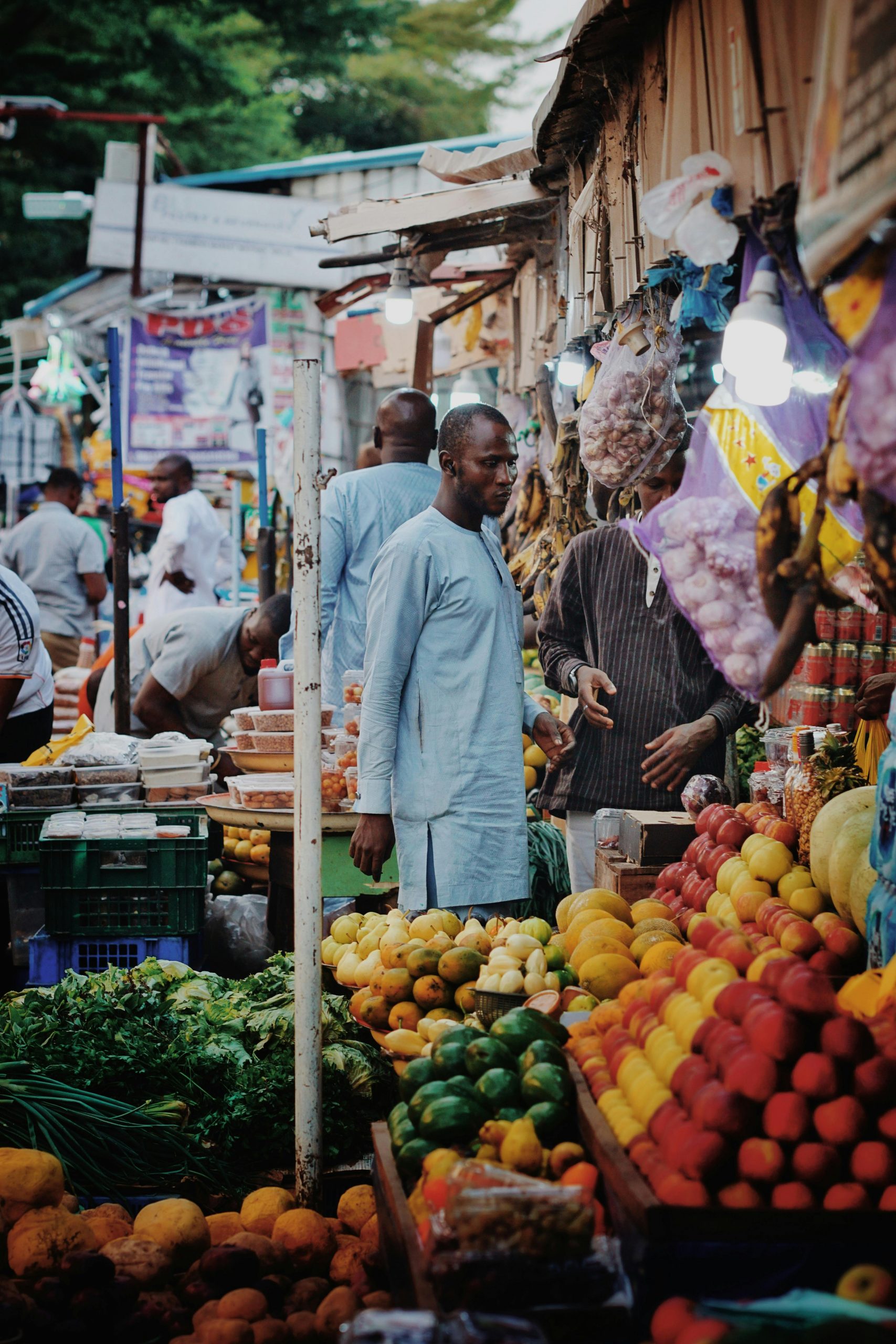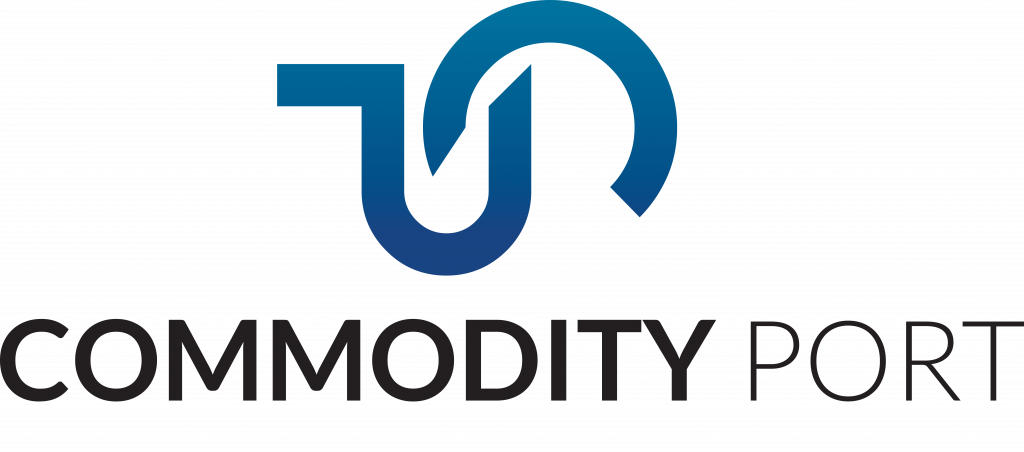COMMODITY PORT
Structured to provide bespoke expertise, solutions and technology to facilitate the development of the commodity value chains in Africa.
Physical Commodities Trading, Investments and Financing.
Commodity Port was created out of a deep desire to tackle the inefficiencies and inequalities in the flow of information, resources and financing to producers and originators across the various commodity value chains.
The company provides investment facilitation and risk management services to trade and deliver physical commodities transactions, investments, and related projects.
9+
Experience
- Dedicated Client Service.
- Value Chain Transformations.

Empowering Informed
Business Decisions
Physical Trading of Commodities
Integrated Solutions and Technology
Insights
Countries
Covered
Experience
Research and Analytics that Empower
your Business Decisions
Economic Trends and Industry Dynamics
Reliable research powered by data, expertise, and rigorous analysis.
Market Opportunities
Macroeconomic projections driven by statistical and econometric models.
Commodity Market
Track commodities, spot trends, manage storage, and forecast prices to stay ahead of the markets.

Our Partners









